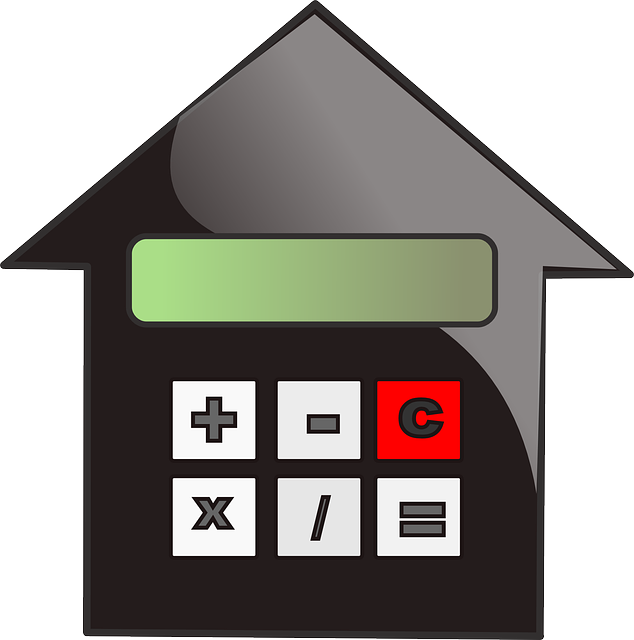Understanding lenders' strict credit requirements is vital for securing equipment financing. Lenders meticulously evaluate businesses through comprehensive financial statement analysis, including revenue, cash flow, debt, and precise statement scrutiny. To enhance eligibility, businesses must submit accurate tax returns, balance sheets, income statements, and detailed equipment descriptions. Up-to-date financial statements showcasing positive revenue growth and robust cash flow management significantly improve loan approval chances. Maintaining an excellent credit score further boosts trustworthiness, increasing application eligibility for essential equipment financing. Effective loan application tips include providing comprehensive financial statements, ensuring transparency, and supplying relevant documentation to support a positive financial standing.
Looking to secure equipment financing? Understanding lender criteria is key. This comprehensive guide delves into the nuances of meeting credit requirements for equipment financing, highlighting the importance of financial statements in the loan approval process. We outline essential documentation needed and provide valuable tips to improve your eligibility and optimize your loan application. By mastering these aspects, you’ll be better positioned to navigate the financing landscape.
- Understanding Lender Credit Requirements for Equipment Financing
- The Role of Financial Statements in Loan Approval Process
- Essential Documentation Needed to Secure Funding
- Tips to Improve Eligibility and Optimize Your Loan Application
Understanding Lender Credit Requirements for Equipment Financing

When applying for equipment financing, understanding the lender’s credit requirements is crucial for a successful loan approval. Lenders carefully assess your financial health and stability before approving any funding. They evaluate various factors, including your business’s revenue, cash flow, debt obligations, and overall financial statements. Providing accurate and complete documentation is essential to demonstrate your eligibility. This may include tax returns, balance sheets, income statements, and detailed descriptions of the equipment you intend to finance.
To improve your chances of loan approval, ensure that your financial statements are up-to-date and accurately represent your business’s financial position. Lenders often look for consistent revenue growth and strong cash flow management. Additionally, maintaining a good credit score is vital as it indicates your trustworthiness to potential lenders. Incorporating these considerations into your loan application tips can significantly enhance your eligibility and increase the likelihood of securing the equipment financing you require.
The Role of Financial Statements in Loan Approval Process

Financial statements play a crucial role in the lender’s decision-making process when evaluating equipment financing applications. Lenders use these detailed records to assess the financial health and stability of potential borrowers, which is essential for determining loan approval and setting credit requirements. Comprehensive financial statements provide insights into a company’s revenue, expenses, assets, and liabilities, allowing lenders to gauge the borrower’s ability to repay the loan.
When preparing a loan application, it’s vital to ensure that all required documentation, including financial statements, is accurate, up-to-date, and well-organized. Lenders typically require historical financial data, such as income statements, balance sheets, and cash flow statements, to analyze trends and make informed decisions. By presenting strong financial statements, businesses can improve their eligibility for equipment financing and increase the chances of a successful loan application. Effective loan application tips include maintaining meticulous records, ensuring transparency, and providing additional information that highlights the borrower’s positive financial standing.
Essential Documentation Needed to Secure Funding

To secure equipment financing, understanding and providing the essential documentation is key to meeting lender criteria. When preparing your loan application, ensure you have accurate and complete financial statements ready. This includes profit-and-loss reports, balance sheets, and cash flow projections—all of which help lenders assess your business’s financial health and stability. These documents provide insights into your company’s performance, allowing lenders to evaluate your ability to repay the loan.
Additionally, gather all necessary documentation that supports your eligibility for the financing. This might include tax returns, business registration documents, and any contracts or leases related to the equipment you’re looking to finance. For instance, if your application tips off potential areas where your credit requirements could be improved, such as high debt-to-income ratios or poor credit history, having this documentation prepared allows for quicker resolution and better chances of loan approval.
Tips to Improve Eligibility and Optimize Your Loan Application

To improve your chances of meeting lender criteria for equipment financing and securing loan approval, there are several key strategies to consider. First, ensure that your financial statements are up-to-date and accurately reflect your business’s financial health. This includes profit and loss statements, balance sheets, and cash flow projections—all of which are crucial in demonstrating your ability to repay the loan.
Additionally, gather all necessary documentation before applying. This may include tax returns, business registration documents, and any existing equipment financing agreements. Lenders will want to verify your business’s stability and the validity of your information, so being prepared with comprehensive documentation can significantly enhance your eligibility. Start by organizing these documents and familiarizing yourself with the specific credit requirements set by potential lenders.














